
Nov 30 , 2019
By FASIKA TADESSE ( FORTUNE STAFF WRITER )
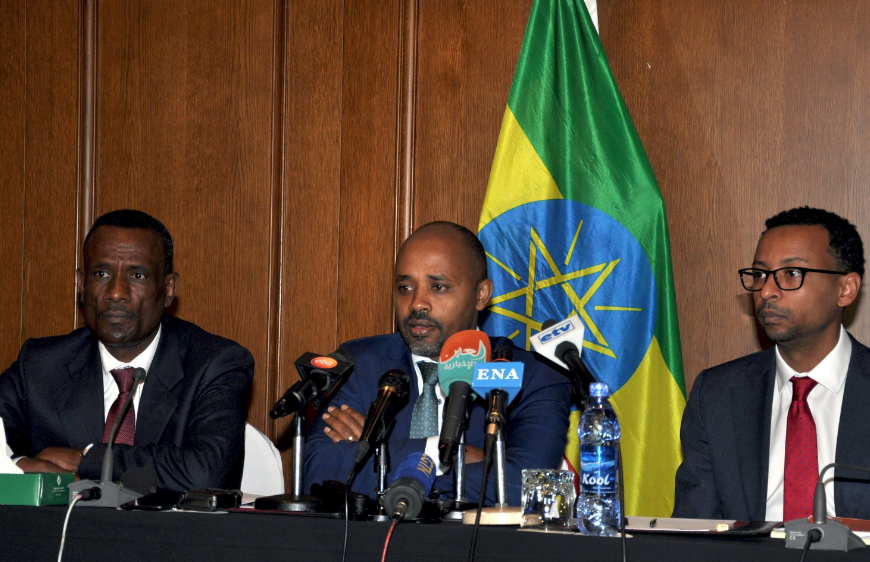 Hired by the Ministry of Finance (MoF), a team of legal experts from the Addis Abeba University and an economist from the National Bank of Ethiopia has been drafting the Sugar Industry Administration Proclamation for the past half year.
Hired by the Ministry of Finance (MoF), a team of legal experts from the Addis Abeba University and an economist from the National Bank of Ethiopia has been drafting the Sugar Industry Administration Proclamation for the past half year. A bill that proposes the formation of a board, which will be tasked with regulating and overseeing the production and marketing of sugar, is in the making.
Hired by the Ministry of Finance (MoF), a team of legal experts from the Addis Abeba University and an economist from the National Bank of Ethiopia has been drafting the Sugar Industry Administration Proclamation for the past half year. The first draft of the Proclamation, which was made available last week, proposes the formation of a nine-member Sugar Board.
The proposed board will be mandated with regulating the sugar industry, licensing and registering millers, prescribing the minimum and maximum industrial price at which sugar industry products may be sold and act as an intermediary between the industry and the government.
Participating in the formulation and implementation of overall policies, plans and programmes, facilitating the arbitration of disputes among parties, regulating the disposal of the by-products of sugar production and providing advisory services to industry operators are also among the mandates of the Board.
"Establishing a regulatory framework for sugar production and marketing that will promote optimal competition and participation in the sugar industry is necessary," reads the bill.
Ethiopia has eight operational and five ongoing sugar estates, which all are expected to have a production capacity of 2.3 million tonnes of sugar a year. All of the projects are under the ownership, administration and operation of the government through the Ethiopian Sugar Corporation. The Ministry of Finance already started the process of privatising these companies.
The asset valuation and technical assessments of all the 13 sugar estates will be fully completed and will be ready to be reviewed by MoF experts by December, according to Brook Taye (PhD), senior advisor at the Ministry of Finance. The Ministry also hired consultants that will conduct an environmental impact study of all 13 sugar estates.
MoF expects to complete the identification of the first six sugar estates to be privatised based on the technical and valuation report by the end of December and start issuing bid documents after that, according to Brook.
“As a custodian of state-owned enterprises, the Ministry aims to make sure the proper legal framework is in place before any privatisation activity is commenced,” said Brook.
The nine-member board of directors will be composed of representatives from industry and non-industry members.
The bill proposes three members to be included on the Board from millers or millers associations and at least one member from growers or out-growers associations. Ministries of Finance, Agriculture and Trade & Industry, as well as the National Bank of Ethiopia and the Ethiopian Chamber of Commerce & Sectoral Associations, will each have one representing member on the Board.
Eshetu Geletu, communications manager of the under formation Ethio Sugar Manufacturing Industry SC, argues that the board composition will be highly dominated by government institutions, since there are no private millers yet in the market.
"Therefore, the Board must be transitional, until the privatisation process is completed," he told Fortune, "or include members from the private sector who can potentially join the industry."
The bill proposes that the Board, which is expected to meet at least once every two months, will be reporting to the Ministry of Trade & Industry.
The bill proposes that the Board license no more than one sugar mill in a zone. It also proposes a person or a company that engages with manufacturing, the sale of sugar, establishes or operates a sugar mill or a plant to process sugar or the by-products of sugar cane without a valid license will be fined not less than half a million Birr but not exceeding two million Birr.
Establishing a Sugar Arbitration Tribunal that will be tasked with arbitrating disputes arising between parties is also proposed by the bill. Accountable to the Board, the Tribunal will consist of three persons appointed by the Board and two persons appointed by the Millers and Growers associations.
Along with the proclamation, the consultants also drafted another document dubbed the Sugar Policy, which proposes the government remove the existing 33pc excise tax levied on local producers.
Eshetu also says that the documents focus more on control, monitoring and supervision instead of development and supporting the private operators and do not seem well-integrated with the recently introduced Homegrown Economic Reform Agenda.
"The documents don't include research and development and policy supported incentives, especially to the local investors," he told Fortune.
As of this week, the documents will be available on the websites of the Ministry of Finance and the Sugar Corporation, and any interested party can send feedback and comments to the Ministry via the email address placed on the two sites.
“We need to get comments and input from as many as possible to make the draft documents better,” Brook told Fortune.
PUBLISHED ON
Nov 30,2019 [ VOL
20 , NO
1022]

Fortune News | Jul 22,2023

Fortune News | Sep 22,2024
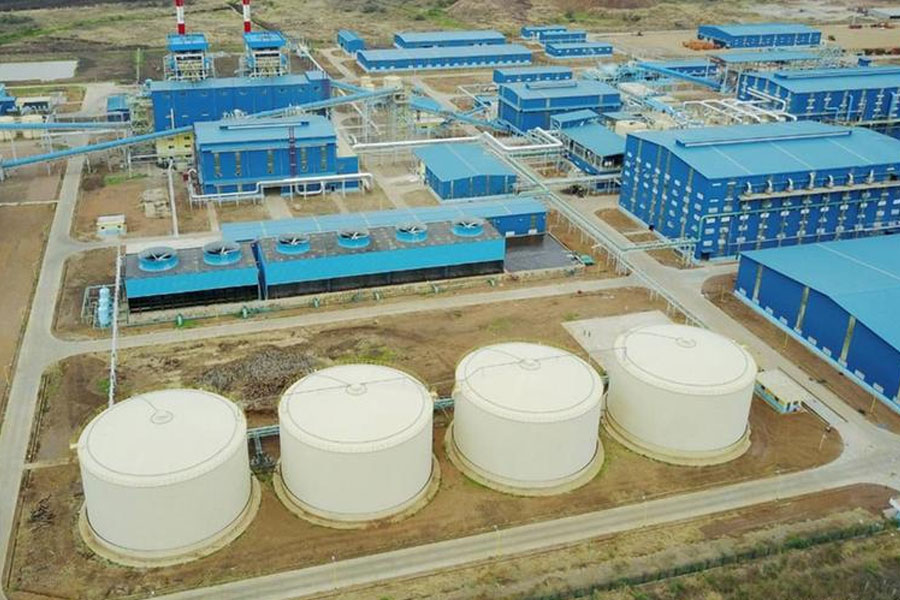
Fortune News | Feb 18,2023

Editorial | Jun 17,2023
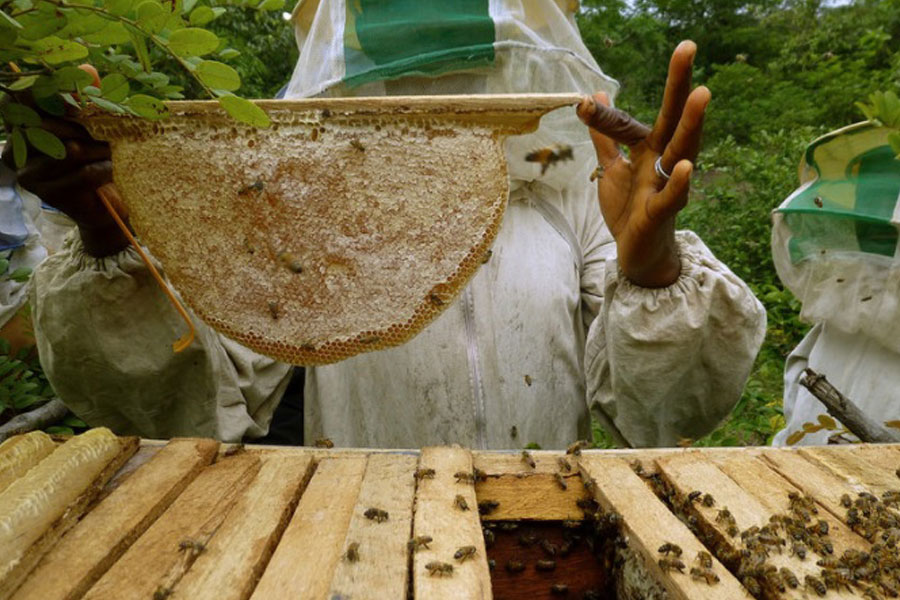
Fortune News | Nov 20,2023
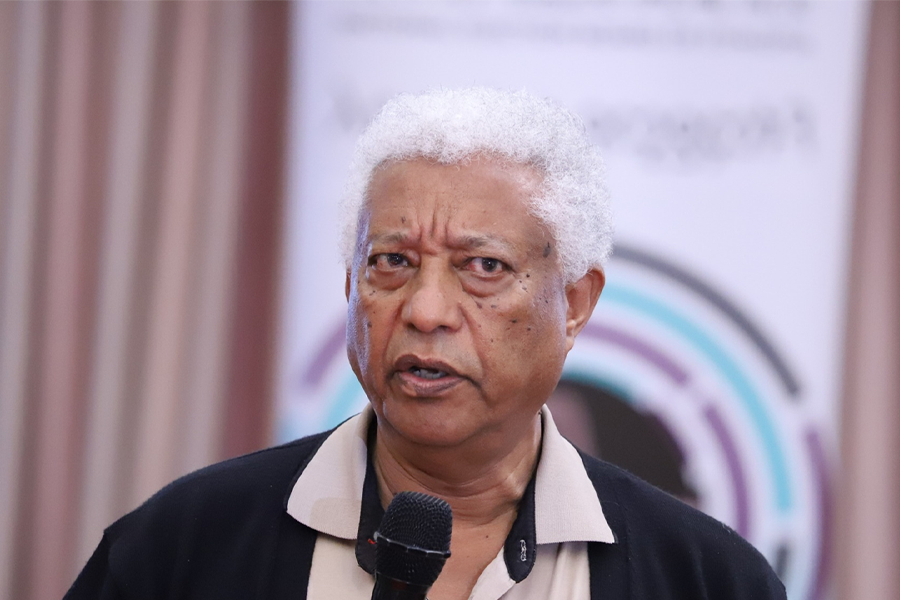
Fortune News | Oct 27, 2024

Radar | Jul 11,2021
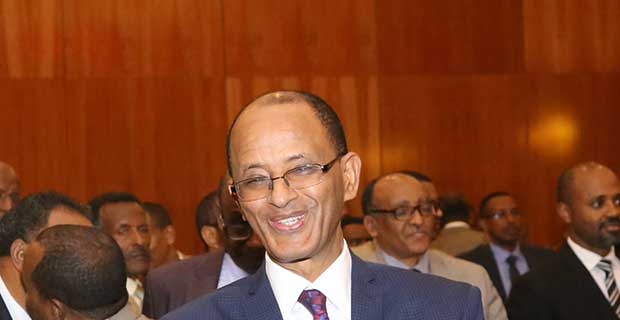
Fortune News | Feb 15,2020
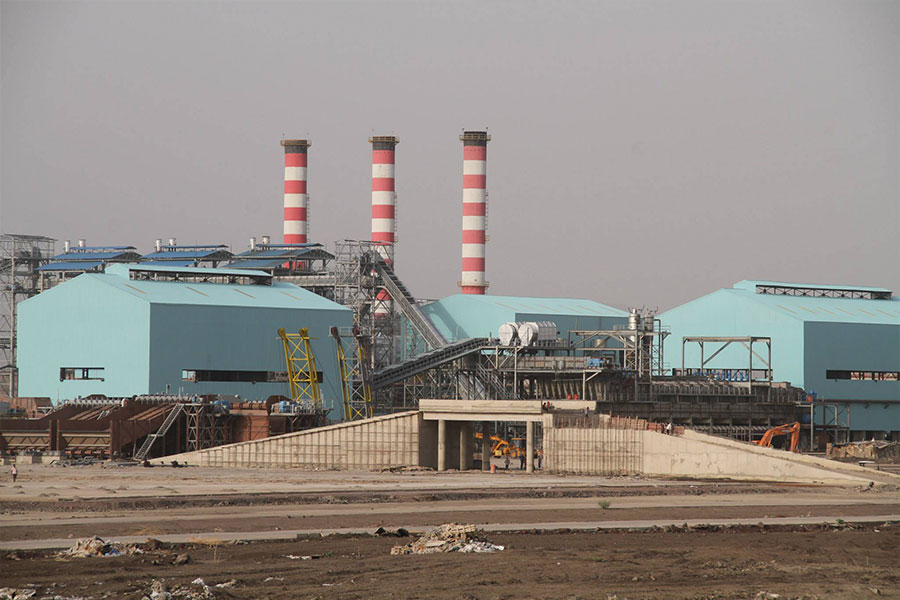
Fortune News | Apr 30,2022

Fortune News | May 14,2022

Dec 22 , 2024 . By TIZITA SHEWAFERAW
Charged with transforming colossal state-owned enterprises into modern and competitiv...

Aug 18 , 2024 . By AKSAH ITALO
Although predictable Yonas Zerihun's job in the ride-hailing service is not immune to...

Jul 28 , 2024 . By TIZITA SHEWAFERAW
Unhabitual, perhaps too many, Samuel Gebreyohannes, 38, used to occasionally enjoy a couple of beers at breakfast. However, he recently swit...

Jul 13 , 2024 . By AKSAH ITALO
Investors who rely on tractors, trucks, and field vehicles for commuting, transporting commodities, and f...

Jun 28 , 2025
Meseret Damtie, the assertive auditor general, has never been shy about naming names...

Jun 21 , 2025
A well-worn adage says, “Budget is not destiny, but it is direction.” Examining t...

Jun 14 , 2025
Yet again, the Horn of Africa is bracing for trouble. A region already frayed by wars...

Jun 7 , 2025
Few promises shine brighter in Addis Abeba than the pledge of a roof for every family...